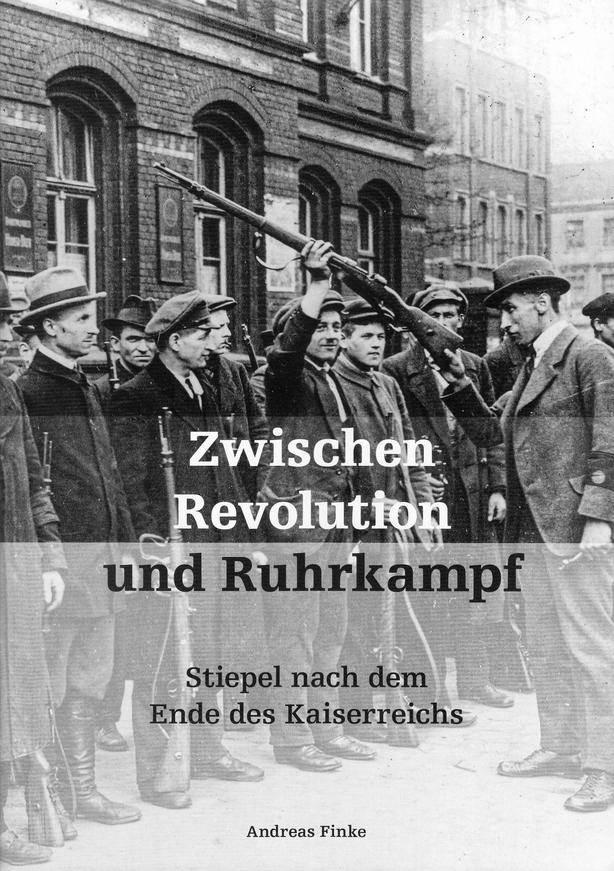
What was the significance of the restaurants in Bochum Werne and how were the first migrants in Duisburg-Marxloh? For two years, the district historians have been researching.
By Maren Bednarczyk
A total of 18 people participated in the project & quot; Stadtteil-Historiker Ruhrgebiet & quot;-in August 2019, leisure historians were sought who wanted to review and publish their district history. They received a research budget of 1,500 euros each.

Multiculti and pub culture
Research has been carried out in many Ruhr area cities: Bochum, Dinslaken, Dortmund, Duisburg, Essen and Recklinghausen. In Duisburg-Marxloh, for example, the first generation of migrants was interviewed-they described their memories and experiences. Or in Dortmund it was about how the Hoesch workers fought against xenophobia and right-wing radicalism. The old cycle path network and the Kneipen culture were also research topics.
In Bochum restaurants about 90 percent worker
An old postcard from Bochum Werne
Peter Kracht has examined restaurants in his district Bochum Werne. In the 1970s, there were most pubs there-many of them were close to the mines and wire mills. This was also noticed by the visitors, explains Kracht: in the past, there would have been many events in the halls of the guest houses, including cinema evenings and concerts-sometimes with up to 2,500 guests.
On Tuesday, the results of all district historians were presented at the German Mining Museum in Bochum. Now there is a brochure with historical photos and stories from the respective districts.







